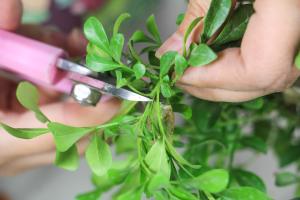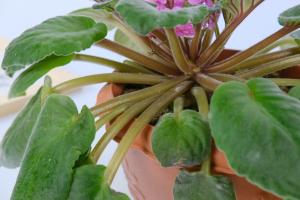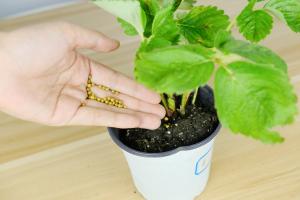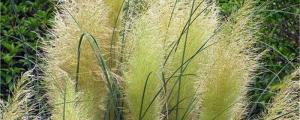Introduction
Blueberry plants are a popular choice for home gardeners and farmers alike. They are known for their delicious fruit and health benefits, and are relatively easy to cultivate. Like all plants, blueberries require proper nutrients for optimal growth, and coffee grounds have gained popularity as a natural fertilizer for these plants. In this article, we will explore the benefits of using coffee grounds for blueberry plants.
The Benefits of Coffee Grounds for Blueberry Plants
Coffee grounds contain several nutrients that are essential for plant growth, including nitrogen, potassium, phosphorus, and magnesium. These nutrients help to promote healthy growth and increase the yield of the berry crop. In addition, coffee grounds acidify the soil, creating the ideal pH level for blueberry plants to thrive. Blueberries prefer a soil pH between 4.5 and 5.5, and by adding coffee grounds to the soil, you can achieve this ideal range.
How to Use Coffee Grounds for Blueberry Plants
To use coffee grounds for blueberry plants, first, collect used coffee grounds and let them dry out. Once the coffee grounds are dry, mix them into the soil around the base of the blueberry plant. Be sure to spread the coffee grounds evenly to avoid clumping, and avoid burying the roots of the blueberry plant. Alternatively, you can add a tablespoon or two of coffee grounds to the soil each week during the growing season. This method helps to replenish nutrients lost during watering and promotes healthy growth.
Precautions When Using Coffee Grounds for Blueberry Plants
Using coffee grounds for blueberry plants is generally safe and beneficial, but there are a few precautions to keep in mind. First, coffee grounds contain caffeine, which can be harmful to plants in high concentrations. To avoid over-caffeinating the soil, limit the amount of coffee grounds used and avoid using them in the same spot repeatedly. Second, coffee grounds can attract pests, such as ants and snails. To prevent this, mix the coffee grounds into the soil and avoid leaving piles of the coffee grounds on top. Lastly, be sure to source used coffee grounds from organic, fair-trade coffee to avoid introducing harmful chemicals and additives into the soil.
Conclusion
Overall, coffee grounds can provide many benefits for blueberry plants, including increased nutrient content and ideal pH. By using coffee grounds as a natural fertilizer, you can improve the health and yield of your blueberry crop without the use of synthetic chemicals. However, it is essential to exercise caution when using coffee grounds, and to follow best practices to avoid harming the blueberry plants. With proper care and attention, the addition of coffee grounds can help to grow healthy, delicious blueberries in your garden.

 how many times do yo...
how many times do yo... how many planted tre...
how many planted tre... how many pine trees ...
how many pine trees ... how many pecan trees...
how many pecan trees... how many plants comp...
how many plants comp... how many plants can ...
how many plants can ... how many plants and ...
how many plants and ... how many pepper plan...
how many pepper plan...
































